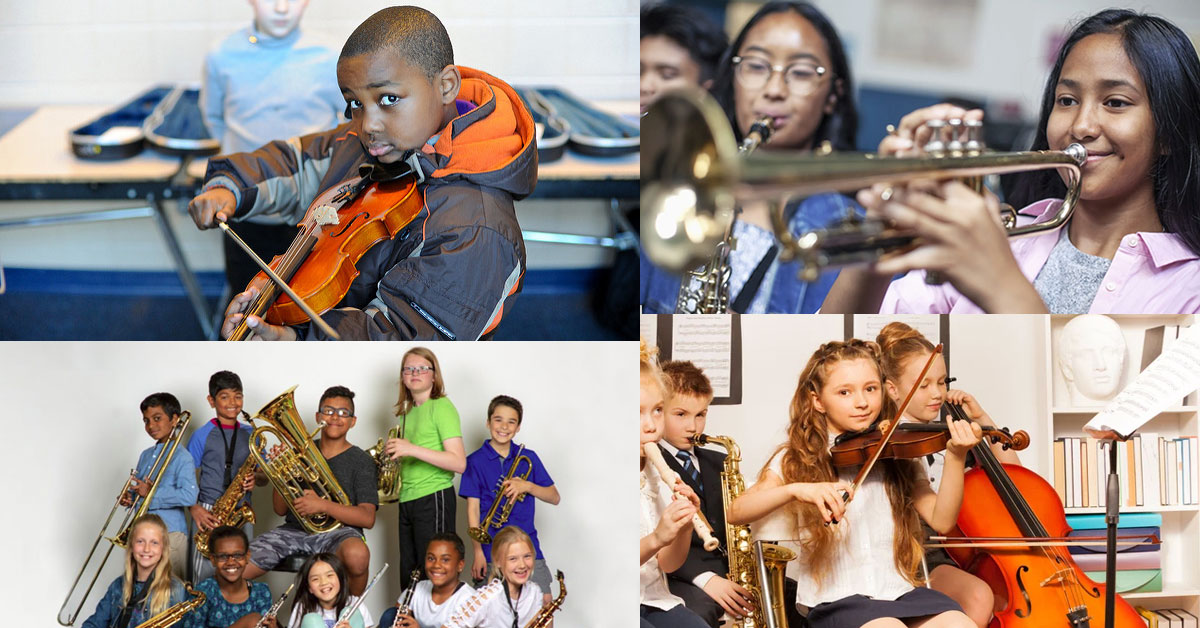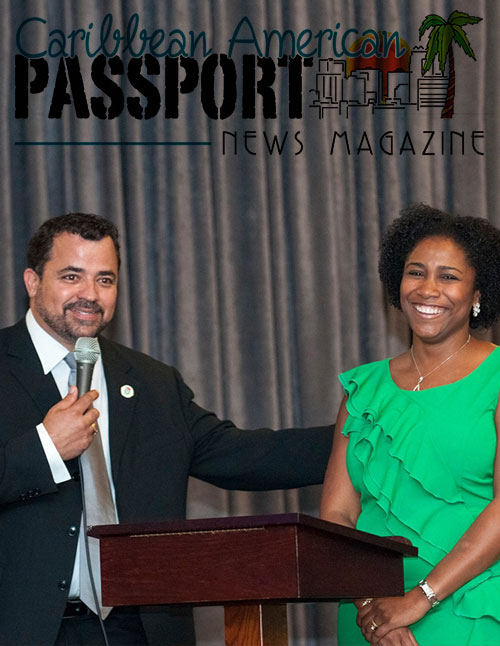In a world filled with screens and distractions, the timeless art of music remains a beacon of creativity and enrichment for young minds. The benefits of children learning music extend far beyond the ability to play an instrument; it encompasses cognitive development, emotional expression, social skills, and even academic achievement. In this article, we delve into the transformative power of music education for children, exploring its profound impact on their holistic growth and development, while potentially allowing them to develop a prosperous lasting career.
Enhanced Cognitive Abilities
Research consistently demonstrates the cognitive benefits of music education for children. Learning to play an instrument involves complex processes such as reading musical notation, coordinating motor skills, and understanding rhythm and pitch. These activities stimulate various areas of the brain, including those responsible for memory, attention, and spatial reasoning. Consequently, children who engage in music education often exhibit enhanced cognitive abilities, including improved problem-solving skills, heightened spatial-temporal awareness, and better academic performance, particularly in mathematics and language arts.
Emotional Expression and Well-being
Music serves as a universal language for emotional expression, allowing children to articulate feelings and experiences that may be challenging to express verbally. Through playing instruments, singing, or composing melodies, children can channel their emotions in constructive ways, fostering a deeper understanding of themselves and others. Moreover, music has therapeutic effects, promoting relaxation, reducing stress, and boosting overall emotional well-being. For children navigating the complexities of growing up, music provides a safe and nurturing outlet for self-expression and emotional exploration.
Fostering Creativity and Imagination
Creativity is the lifeblood of innovation and problem-solving, and music education nurtures this essential skill from a young age. Whether improvising a melody, composing a song, or interpreting a musical piece, children engage in a process that encourages experimentation, risk-taking, and imaginative thinking. Through music, children learn to embrace ambiguity, explore possibilities, and unleash their creative potential. This cultivation of creativity extends beyond the realm of music, enriching every aspect of a child's life and preparing them to tackle the challenges of an ever-evolving world.
Building Social Skills and Collaboration
Music is inherently social, often requiring collaboration and cooperation among musicians. When children participate in ensembles, choirs, or bands, they learn valuable lessons in teamwork, communication, and empathy. They must listen attentively to their peers, synchronize their actions, and adjust their performance based on collective feedback. These experiences cultivate essential social skills such as leadership, compromise, and respect for others' perspectives. Moreover, participating in group musical activities fosters a sense of belonging and community, providing children with a supportive network of peers who share their passion for music.
Cultural Appreciation and Diversity
Music is a rich tapestry woven from diverse cultural traditions and influences. By exposing children to a variety of musical genres, styles, and traditions, music education cultivates an appreciation for cultural diversity and fosters global awareness. Through exploring music from different regions of the world, children gain insights into the histories, values, and customs of various cultures, fostering respect, empathy, and cross-cultural understanding. Moreover, learning about music's cultural significance enhances children's ability to connect with others and navigate a multicultural world with sensitivity and respect.
In an era marked by rapid technological advancement and societal change, the importance of music education for children cannot be overstated. Beyond the development of musical skills, children who engage in music education experience a myriad of benefits that shape their cognitive, emotional, social, and cultural development. As parents, educators, and advocates, we must recognize the transformative power of music in nurturing young minds and souls, providing children with the tools they need to flourish as individuals and contribute meaningfully to the world around them. Let us continue to champion music education as an essential component of holistic childhood development, ensuring that every child has the opportunity to unlock the transformative power of music.


















